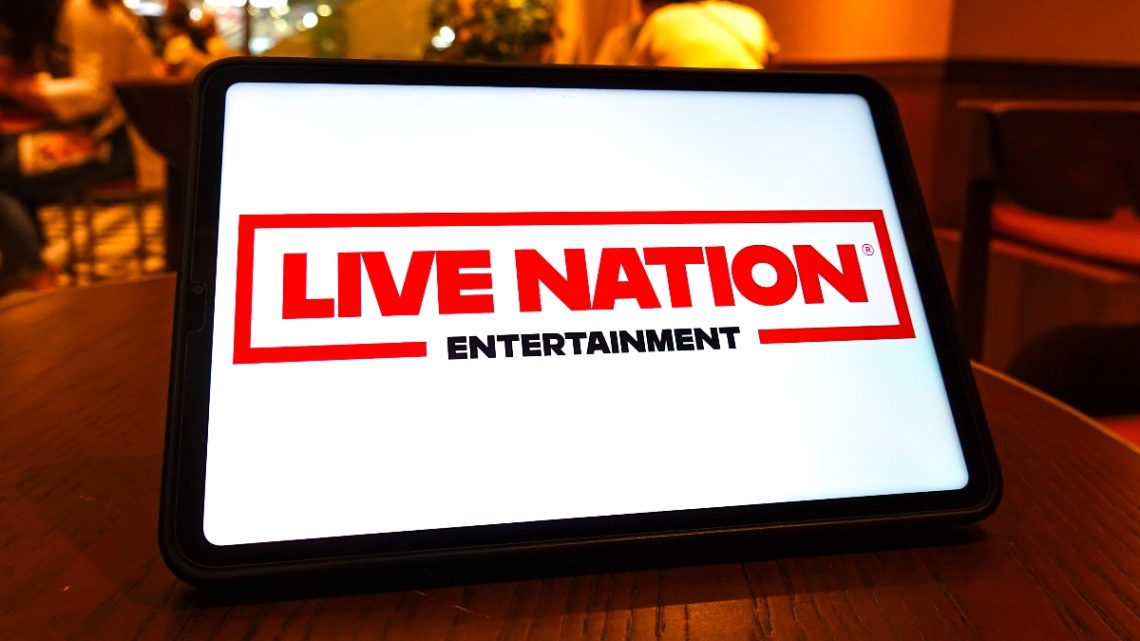The Association Of Independent Festivals (AIF) recently published data that pointed to Live Nation‘s monopoly on the concert market in the U.K. According to reports, the live music conglomerate—which merged with Ticketmaster in 2010—exceeded “market dominance” over concert ticket sales and promotions.
In a social media post, the non-profit claimed “our data showed that Live Nation and affiliated companies control the majority of arena, stadium and outdoor concert tickets in 2025. The UK monopoly threshold is 25%. Market dominance position is 40%. Live Nation control 66.4%.”
In the post, AIF used several shows from September at the Co-Op Live venue in Manchester to corroborate their data. Out of eight concerts, only two were organized by a company other than Live Nation. 75 percent of the concerts at the Co-Op Live that month were controlled by Live Nation.
With their data, AIF is calling for a break up of Live Nation’s monopoly on the market. They are also calling for an inquiry by the U.K.’s Competition and Markets Authority in order to kickstart a break up.
Live Nation Disputes Data Provided By Association of Independent Festivals In Previous Question Session
A post shared by The Association of Independent Festivals (AIF) (@aif_uk)
In June, the UK Parliament’s Business and Trade Select Committee questioned Live Nation executives using the AIF data. However, according to a report from NME, the company adamantly disputed the claims.
A spokesperson told the outlet that AIF “overstated our ticket sales by 368%, so any inferences drawn from this data about our market share aren’t credible and are likely to be misleading.” Additional disputes included claims that Lewis Capaldi’s and OneRepublic’s Manchester shows weren’t actually promoted by Live Nation.
Even if AIF’s data is overstated, the claims remain that Live Nation and Ticketmaster have cornered the global market on live music. With the 2010 merger, the U.S. Department of Justice gave the two companies permission to integrate on the grounds that they didn’t stifle any competition.
The U.S. Dropped The Ball On Curbing Anti-Competitive Nature The First Time
In 2020, the DOJ unearthed evidence that Live Nation had violated that initial agreement. They essentially made it near impossible for venues to sell tickets other than Ticketmaster, and retaliated against venues that did. But the DOJ didn’t do much to curb this behavior besides extending the already useless tactics in the original agreement.
In 2024, after another investigation, the DOJ filed a lawsuit against Live Nation and Ticketmaster. They named exclusionary conduct, monopolizing markets, and dominating the live music industry. The suit claimed that “music fans in the United States are deprived of ticketing innovation and forced to use outdated technology while paying more for tickets than fans in other countries.” Additionally, the company “exercises its power over performers, venues, and independent promoters in ways that harm competition.” Also, it “imposes barriers to competition that limit the entry and expansion of its rivals.”
While this lawsuit only affects the U.S., Live Nation’s reach has impacted venues, festivals, and fans internationally. In the U.K., smaller festivals are being canceled left and right. In 2024, Nozstock Hidden Valley Festival and the NASS Festival both folded due to rising costs and economic uncertainty.
Photo by Sheldon Cooper/SOPA Images/LightRocket via Getty Images
The post Association Of Independent Festivals Calls For End to Live Nation Concert Monopoly appeared first on VICE.




